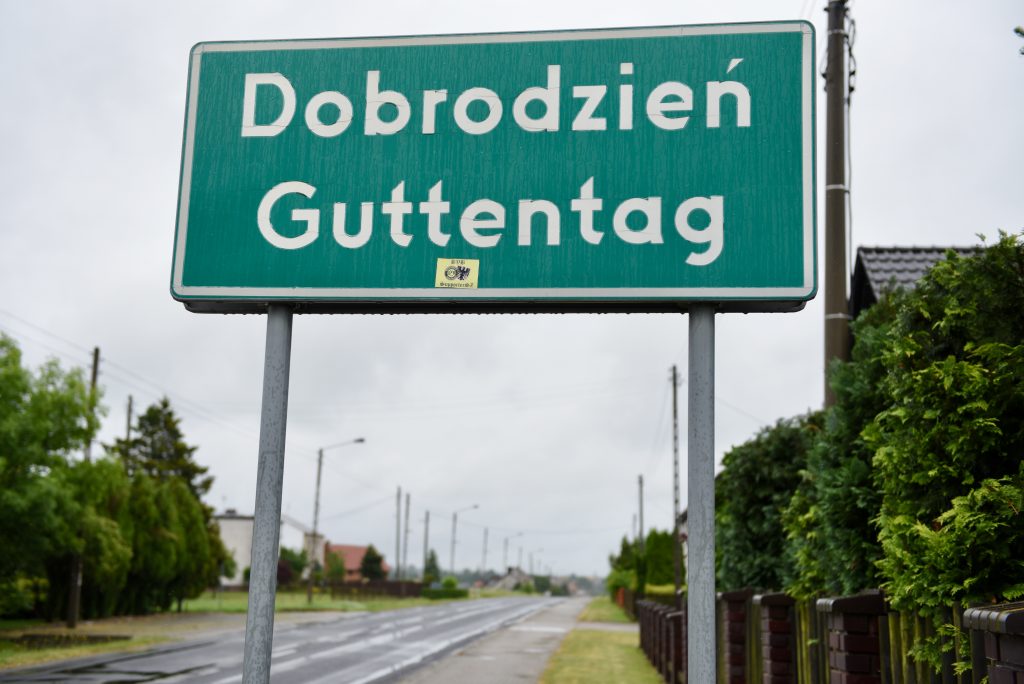
POLAND
My first trip to Poland, the beautiful land between the Baltic Sea and the High Tatras, happened in 1993 when I went for several business trips to Warsaw. Poland had just escaped communism and was experimenting with capitalism. I still see the winter nights in front of my streaming eyes with the air filled with black smoke from thousands of charcoal heaters. I still remember that beer was damn cheap in the new and cool makeshift bars. However, I cannot remember how many pork knuckles I had eaten. At the end only Polish vodka helped to digest.
25 years later, on another Vodka-infused night out, this time in Wroclaw, a Polish friend tried to explain his wildly beautiful country to me. Poland, he told me and gave me a great lesson in European history, had only come to its terms by its resistance against overpowering empires. He called his country a „wonder” and ordered more vodkas. Beautiful Wroclaw with ist many canals, balmy summer nights, waterside cafés and numerous delicious Khinkali restaurants would be a history lesson by its own. Recommended by my friend I read „Die fremde Stadt“, an account about the establishment of an essentially new Polish city of 650.000 people (who mostly came from once Polish Lemberg which was now made a Soviet town) where just before stood a German city of similar size. Thus it became the largest city anywhere in the world to undergo the complete replacement of its population by another in such a shirt period of time.
100km further south of Wroclaw I had the pleasure to meet Bishop Waldemar Pytel at the Holy Trinity Church of Peace in Swidnica, built under the agreements of the Treaty of Westphalia signed in 1648, which ended the Thirty Years’ War. Back Then the few protestants in Silesia had been allowed to build just three “Churches of Peace“ – under strict conditions: They had to be made exclusively out of wood and trade, and construction time must not exceed a year. The Bishop called his church, the largest wooden Baroque temple in Europe which had withstood all storms of war, a „wonder“.
I felt deeply moved, as felt the visiting Polish students next to me. Fortunately there are many wonders in Poland.
